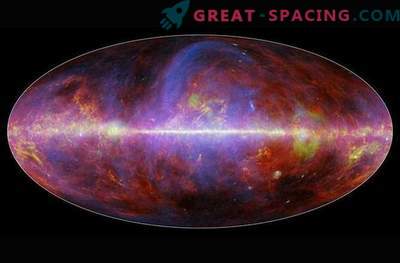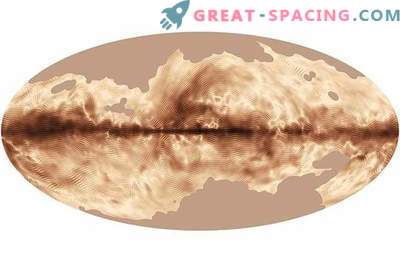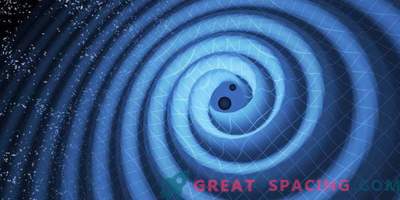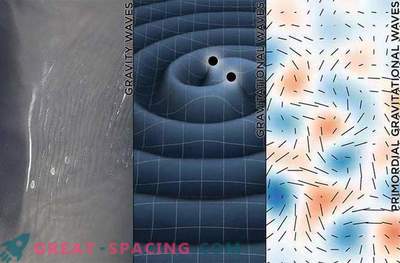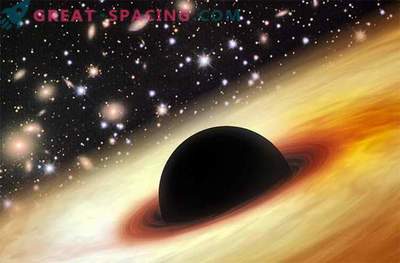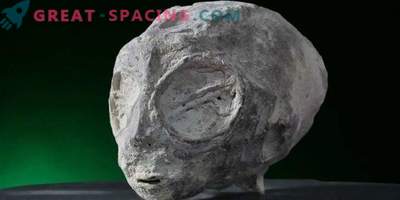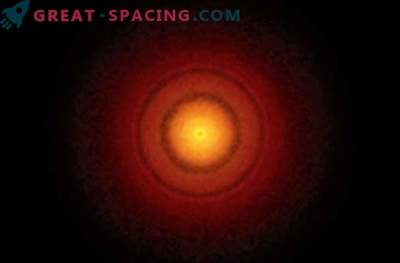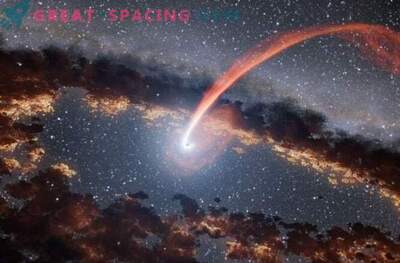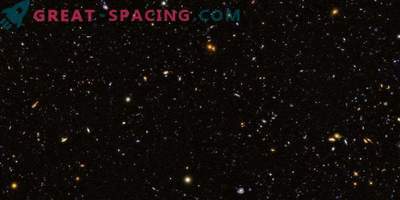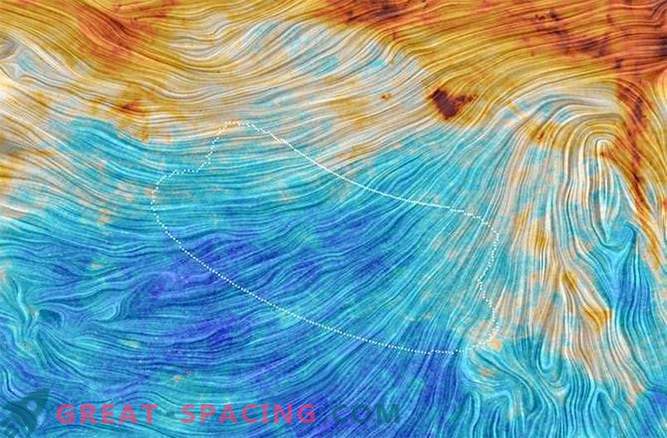
Last night, French physicists made a statement that the advertised “discovery” of gravitational waves, which echo the Big Bang, was a mistake. This statement has been confirmed by the European Space Agency today.
The results of the research work that ESA plans to publish next week are based on data from the Planck Space Telescope. According to these studies, BICEP2 measurements in B-mode polarization of the CMB were not due to the presence of CMB, but from the dust inside our own galaxy. Relic radiation is an echo of the ancient radiation of the Big Bang, which occurred about 14 billion years ago.
"Despite early reports of possible detection, the joint analysis of data obtained using the Hubble Space Telescope and the Keck array did not find any evidence of the initial gravitational waves," they write in the statement by ESA.
However, this zero result for many scientists did not come as a surprise.

The sun sets behind BICEP2, Antarctica. If gravitational waves were discovered, they would not only be a colossal discovery, it would also confirm some key models of the origin of the Universe, thereby revealing the mechanisms underlying inflation — the expansion of the Universe that occurred in a split second immediately after the Big Bang.
However, between us and the observable universe, there is a magnetized material within our own galaxy. Any radiation detected outside our galaxy must pass through interstellar dust and the signal must be corrected.
Now that the data obtained by the Planck telescope was processed, it turned out that the “signal” in BICEP2 was in fact interference caused by galactic dust.
“When we first discovered this signal in our data, we relied on galaxy models. That were available at the time,” said John Kovacs, BICEP2 principal investigator at Harvard University in Cambridge, Massachusetts. "It turned out that the part of the sky chosen for our observations was less polarizing than the detected signal."
